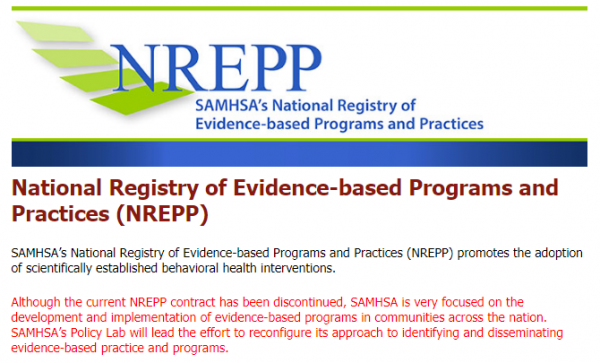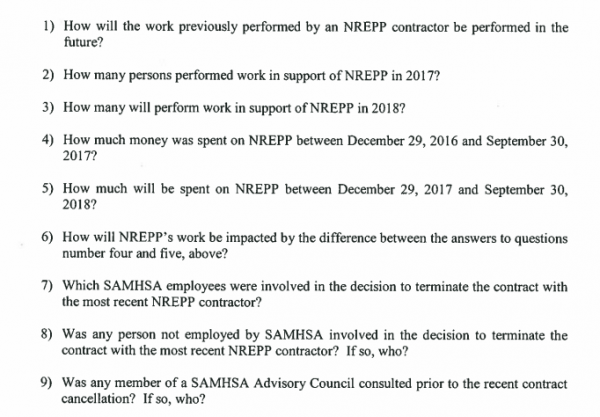Desiring God, the ministry of John Piper, continues to receive negative reaction to a Twitter message about mental health posted on Tuesday (2/6/18).
We will find mental health when we stop staring in the mirror, and fix our eyes on the strength and beauty of God.
— Desiring God (@desiringGod) February 6, 2018
Many readers, including me, felt the tweet implied that the cause of mental illness is a lack of faith. However, many believers experience emotional distress and many non-believers don’t. The tweet and later effort to put it in the context of a 2007 article fell flat. Adding insult to injury, Desiring God had nothing else to say, leaving the tweet in place and offering no apology. As Phoenix Preacher Michael Newnham wrote, “Being a Christian Celebrity Means Never Having to Say You’re Sorry…”
distress and many non-believers don’t. The tweet and later effort to put it in the context of a 2007 article fell flat. Adding insult to injury, Desiring God had nothing else to say, leaving the tweet in place and offering no apology. As Phoenix Preacher Michael Newnham wrote, “Being a Christian Celebrity Means Never Having to Say You’re Sorry…”
Being a Christian Celebrity Doesn’t Mean You Are an Expert at Everything
Some of them think they are. And their fans often put them in that role. I rather like what Newnham has to say about his approach as a pastor to mental health concerns.
As a pastor my “expertise” is limited and I’m as broken and fallible as you are.
In some ways, maybe more so.
I don’t know how to fix your sex life, raise your kids, manage your finances, or treat your ills.
I’m not even that good at what I’m trained to do.
My job is to help you grow in the grace and knowledge of Jesus, just as I am growing as well.
My job is to be present when you need me, to the best of my ability.
My job is to pray with and for you, that God will give you wisdom about the problems that are beyond my scope of expertise…which are most of them.
Sometimes, my job is to give you a referral to someone I trust can help you.
This is really good. Keep all of the Desiring God ministries and give me men and women like this in community churches everywhere.
Therapy Helps
The Desiring God tweeter should meet some Christians who found help from psychotherapy. I am the first to acknowledge (and call out) the shoddy and quack therapists, but I also know that therapy can be a lifeline to people when everything else (including the church) has failed them. Read the response of this Christian blogger with who responded to a challenge about therapy.
Last night I read a disturbing sentiment on someone’s blog. In effect, she said she doesn’t support therapy because there is nothing therapy can provide that can’t be provided through a relationship with God. This disturbs me because so many Christians feel this way or similar, and it is essentially a way of saying that all mental illness or emotional issues are a result of a broken relationship with God or a failure of faith. I can’t tell you how hard it is to hear this; I lost many friends who made this conclusion out of ignorance or arrogance.
In response, she wrote:
The first thing to be said here is that yes, God can and does have the ability to heal anything. Read this blog if you doubt that. Yes, my hard work and new variations of meds and finding the right (and strange) combination of meds matters, along with many other things like vitamins and diet and sunshine, but that I’m in remission (partial or otherwise) is nothing less than a miracle.
However, I firmly believe that God uses tools to heal. For those with mental illness, one of those tools can be therapy. I don’t know a single therapist (even the really bad ones I’ve had and there were several of those) who have claimed to be a cure for anything just by themselves. Instead, therapy provides support while you do what needs done, just like a cast supports a fractured arm.
Bipolar illness damages my relationship with God. I am not good at connecting with anyone and I need help to do so. That’s one place therapy comes into play. I also need help with things that should be basic. Reading the Bible and understanding it is one of them. I can’t follow a “real” Bible. I use a children’s version when I can, but truthfully that’s not a lot. I just have a lot of emotions surrounding the inability to handle the real Bible that make it hard to stomach my watered down one. Maybe a better person wouldn’t struggle with the anger that I can’t be an adult in all things, but I do. It’s a side effect of an illness that took away so much of what I wanted in life.
This person didn’t get sick by staring in a mirror, nor was the remission due to looking away from it. The Desiring God-style advice yielded frustration and as she said, condemnation from Christians. I urge pastors to put aside fear and reach out to local experts in mental health for referrals when someone in your congregation needs help. Not all encounters will go well but begin seeking referral sources now as you would sources for other medical and health specialties.
A Christian organization which may provide assistance is Christian Association for Psychological Studies.



